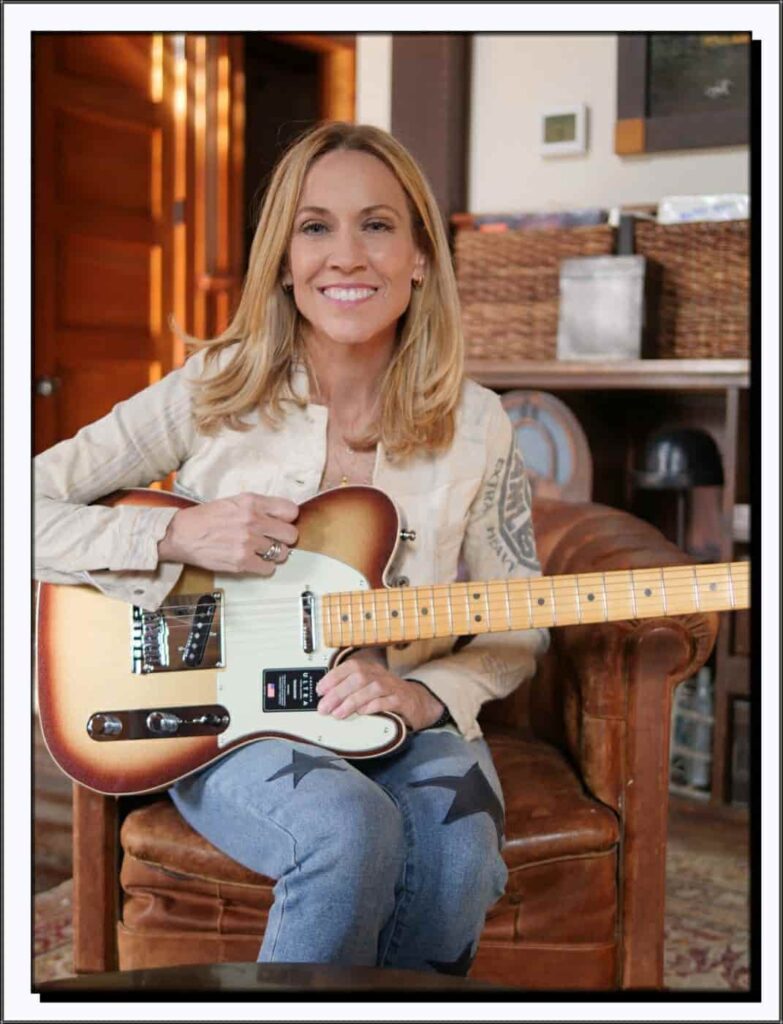
A carefree anthem for simpler times, “All I Wanna Do” captures the essence of 90s escapism and reflection.
Ah, the 1990s. A decade that, in hindsight, often feels like a warm, hazy dream, a last gasp of pre-digital innocence before the internet truly swallowed us whole. And nestled perfectly within that sun-drenched memory is Sheryl Crow and her seemingly effortless, yet utterly captivating, anthem, “All I Wanna Do.” Released in 1994, this track wasn’t just a song; it was a feeling, a mood, a perfect encapsulation of a particular kind of laid-back American spirit. It was the sound of driving with the windows down on a summer afternoon, of shared laughter on a porch swing, of contemplating life’s big questions with a gentle, accepting shrug.
The song, off her debut album Tuesday Night Music Club, didn’t just casually stroll onto the music scene; it burst forth, becoming an undeniable staple of the era. It soared up the charts, reaching a remarkable number 2 on the Billboard Hot 100, a testament to its immediate and widespread appeal. It also found considerable success internationally, cementing Sheryl Crow as a global force. But its chart position, while impressive, only tells part of the story. The true impact of “All I Wanna Do” lies in its lyrical tapestry and the fascinating tale of its creation.
The genesis of “All I Wanna Do” is as charming and unpretentious as the song itself. It wasn’t born from a tortured artistic struggle or a grand concept. Instead, it emerged from a rather unconventional source: a book of poetry. While working on Tuesday Night Music Club, Sheryl Crow and her collaborators stumbled upon a collection of poems by Wyn Cooper titled The Country of Here Below. One particular poem, “Fun,” caught their collective eye. Its whimsical, observational verses about characters in a bar, musing on their lives and desires, resonated deeply. With some creative adaptation and lyrical tweaks, those lines transformed into the free-spirited narrative we now know. This origin story adds another layer to the song’s reflective quality; it’s as if the lyrics were simply waiting to be discovered, floating in the ether, ready to be given a melody.
The meaning of “All I Wanna Do” is deceptively simple yet profoundly resonant. At its core, it’s a celebration of living in the moment, of finding contentment in the small, unassuming aspects of life, and of embracing a certain philosophical detachment from the relentless pursuit of more. The characters in the song, sitting in a bar, drinking and talking, aren’t striving for grand achievements or material wealth. Their aspirations are humble: “All I wanna do is have some fun / I got a feeling I’m not the only one.” It speaks to a universal desire for joy, for connection, and for a respite from the pressures of daily existence. For many of us who remember the 90s, this sentiment struck a chord. It was a time when the world, or at least our perception of it, felt a little less frantic, a little more forgiving, and a lot more open to just “hanging out.”
Beyond its immediate appeal, “All I Wanna Do” also subtly critiques the rat race, the endless cycle of work and ambition. It offers an alternative perspective, suggesting that perhaps the true richness of life lies not in what we accumulate or achieve, but in the experiences we share, the conversations we have, and the simple act of being present. This message, delivered with Sheryl Crow’s signature understated cool, made it a quiet anthem for a generation weary of the hustle. It encouraged us to pause, to breathe, and to remember that sometimes, all we really want, and all we truly need, is a little bit of fun. And in that deceptively simple truth, lies the enduring magic of “All I Wanna Do.”